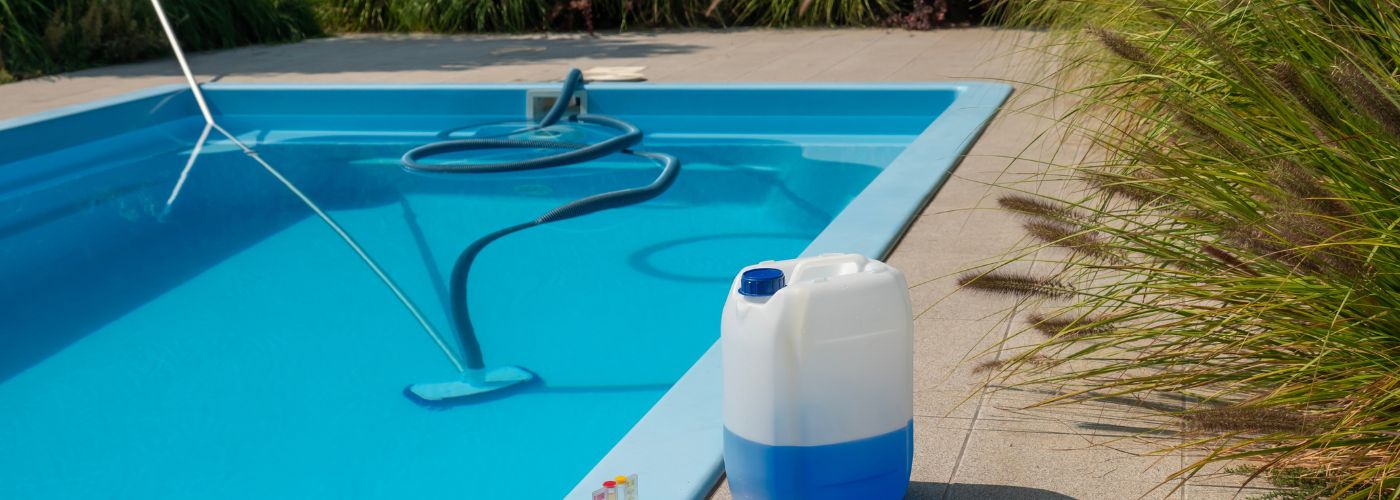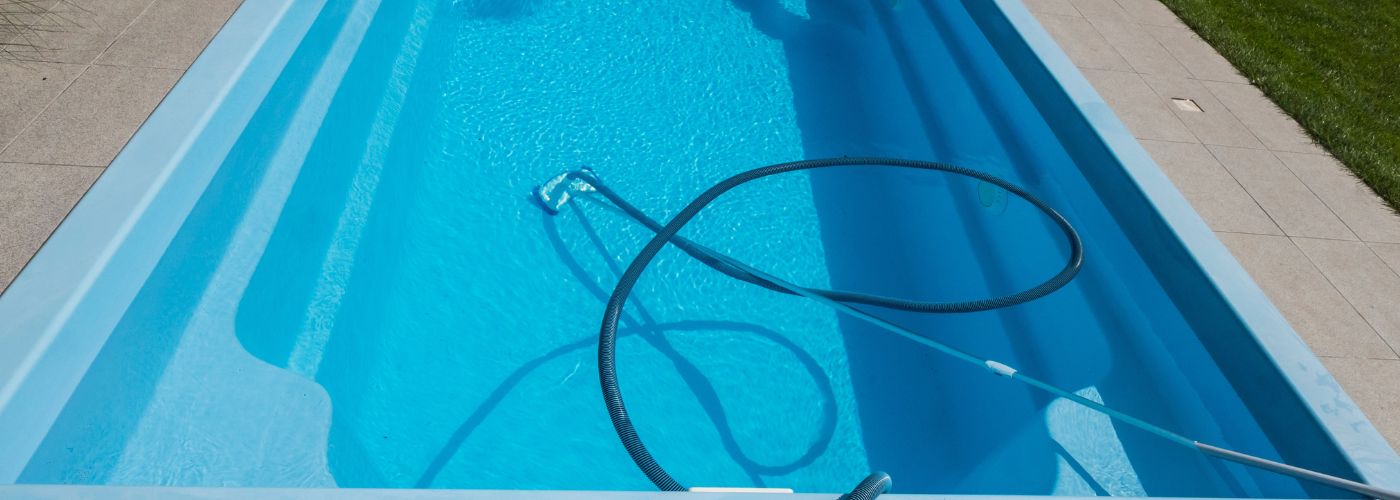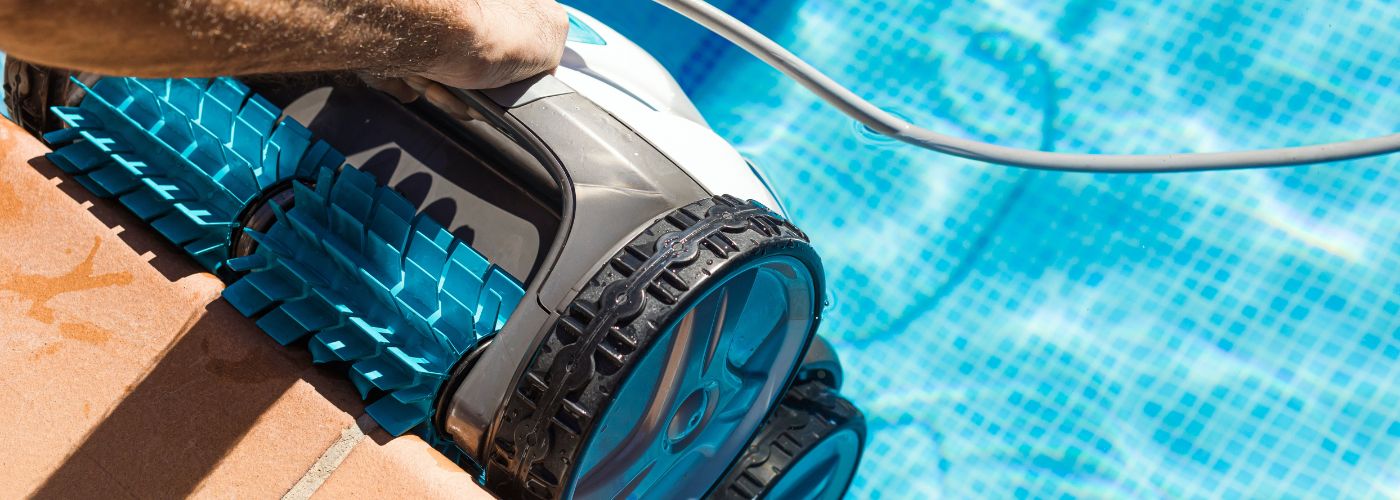Are you tired of spending weekends battling leaves and grime in your pool instead of enjoying it? The debate between automatic vs manual pool vacuums is one that many homeowners face, and the right decision can significantly impact your relaxation time. In this article, we’ll break down the key features of both types of vacuums, weighing their benefits and drawbacks to guide you toward an informed choice.
Differences Between Automatic vs Manual Pool Vacuums
When it comes to maintaining a sparkling clean pool, understanding the differences between automatic vs manual pool vacuums can make all the difference. Automatic pool vacuums work independently, using advanced technology to navigate your pool’s surfaces and efficiently remove dirt and debris.
They save you time and effort, making them ideal for busy pool owners who want a hands-off cleaning solution. Many models are equipped with sensors that adjust their cleaning patterns based on the pool’s layout, ensuring no corner is left untouched. These models can also be equipped during pool installation.
On the other hand, manual pool vacuums offer a more hands-on approach. These require you to physically maneuver the vacuum through the water, giving you direct control over the cleaning process.
While this may be seen as labor-intensive, it allows for a deeper clean in specific areas that automatic models might miss. Manual vacuums can also be more budget-friendly, making them a great option for those looking to save money while still keeping their pool pristine.
Suitability & Longevity Differences Between The Two
When comparing automatic vs manual pool vacuums, suitability often hinges on your specific needs and lifestyle. Automatic vacuums are perfect for busy pool owners who prefer a hands-off approach.

They can efficiently navigate the pool floor and walls, saving you time while ensuring a thorough clean. On the other hand, manual vacuums offer a more hands-on experience, allowing you to target specific areas and debris types, which some pool enthusiasts appreciate for better control.
Longevity also plays a crucial role in your decision. Automatic vacuums typically feature advanced technology and durable materials designed for regular use, often lasting longer with proper maintenance. However, they may require occasional repairs or parts replacement due to their complex mechanisms.
Manual vacuums, while potentially less durable over time, are simpler and can be more easily fixed or replaced when necessary. If unsure, it’s always best to ask a pool installation company.
Energy Consumption With Automatic vs Manual Pool Vacuums
When it comes to energy consumption, automatic vs manual pool vacuums present distinct advantages and disadvantages. Automatic vacuums often using less energy per cleaning session because they efficiently navigate the pool without user intervention.
Many models are equipped with smart technology that optimizes their cleaning patterns, ensuring that every inch of your pool is covered while minimizing unnecessary power use.
On the other hand, manual pool vacuums require more hands-on effort and can lead to higher energy consumption in different ways. Users may end up running the filter pump longer than necessary or using energy-intensive equipment like a hose or vacuum cleaner.
Additionally, the time spent manually cleaning can detract from enjoying your pool, making it feel like a chore rather than a leisure activity.
How to Choose Based on Your Pool’s Shape and Size
When choosing a vacuum for your pool, consider its shape and size. For smaller, rectangular pools, a manual vacuum might be sufficient. These vacuums give you control and allow you to focus on specific areas that need extra attention.
However, if you have a larger, uniquely shaped pool with lots of nooks and crannies, an automatic vacuum could be a better option. These devices can efficiently navigate the pool’s layout, ensuring every inch gets cleaned without your constant supervision.
Think about how often you use your pool as well. If it’s a daily hangout spot for family and friends, an automatic vacuum saves time and effort. On the other hand, if you only swim occasionally, a manual vacuum may work just fine.
Take into account your cleaning preferences too; some people enjoy the hands-on approach of a manual vacuum, while others prefer the convenience of automatic models.
Which Pool Vacuum Cleans Better?
When it comes to choosing between automatic and manual pool vacuums, the decision often hinges on convenience versus control. Automatic pool vacuums are designed to do the heavy lifting for you.
They glide across the pool floor, navigating walls and corners while sucking up dirt and debris with minimal effort on your part. These devices can save you time, especially for larger pools, as they operate independently and can be programmed to run at specific times.
On the other hand, manual pool vacuums offer a hands-on approach that many pool owners appreciate. With a manual vacuum, you have the power to target specific areas that need attention. This can be particularly useful in tackling stubborn spots or when dealing with seasonal debris.
While it may require more physical effort, using a manual vacuum allows for a deeper clean in those hard-to-reach corners where dirt tends to accumulate. Ultimately, the choice between automatic vs manual pool vacuums comes down to your cleaning preferences and the specific needs of your pool.



More to Read
Ways To Find A Pool Leak
A pool is meant for relaxation, not stress, but a surprise leak can turn your
Feb
Tips For Pool Design With CAD Drawings
Designing a pool can feel overwhelming, but it doesn’t have to be! Utilizing CAD drawings
Jan
Comparing Natural vs Synthetic Pool Surface Finishes
When planning a swimming pool, one of the biggest choices is the surface finish. Homeowners
Dec